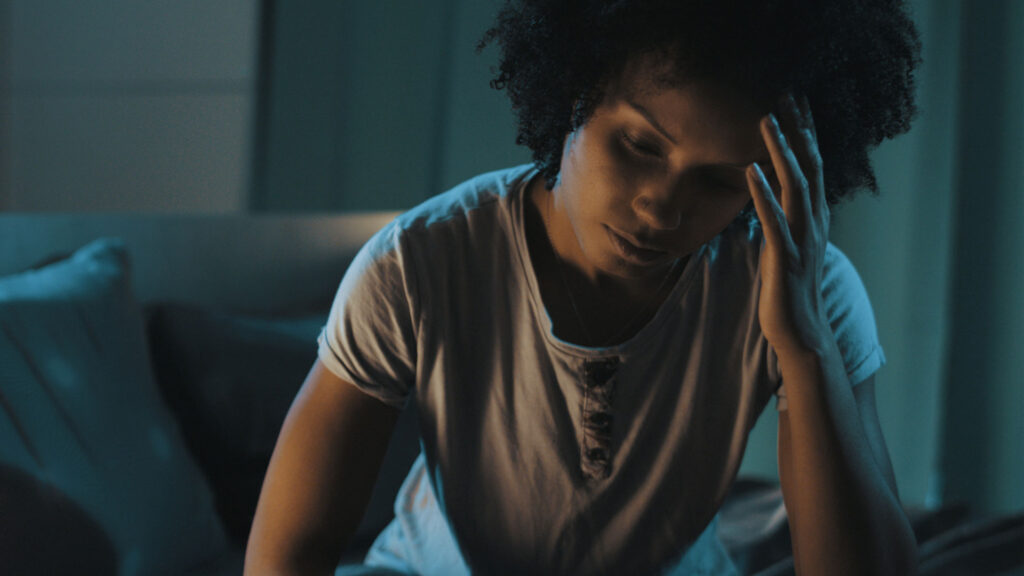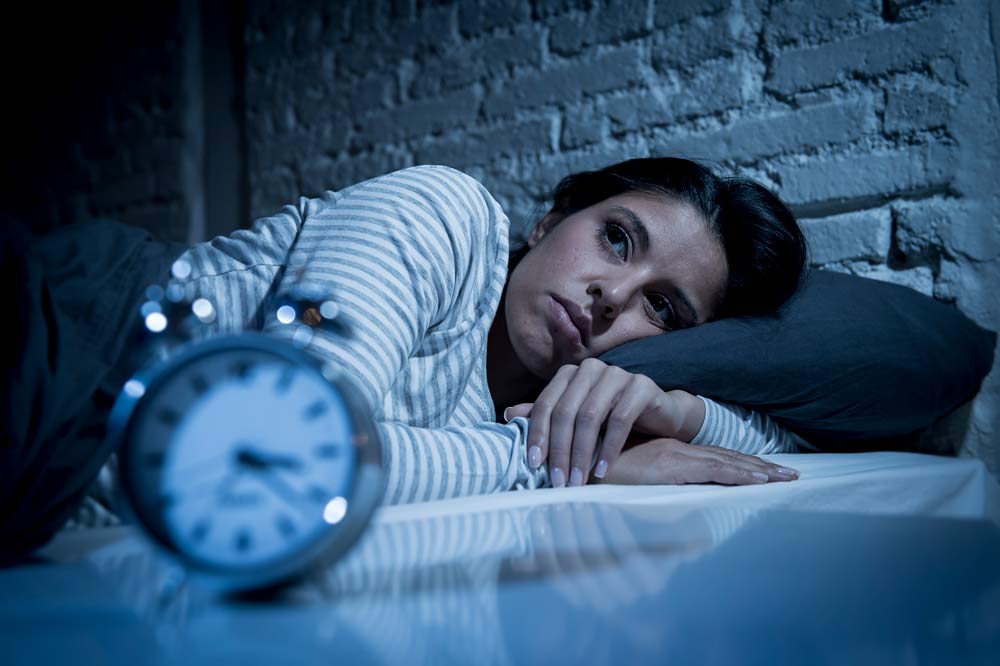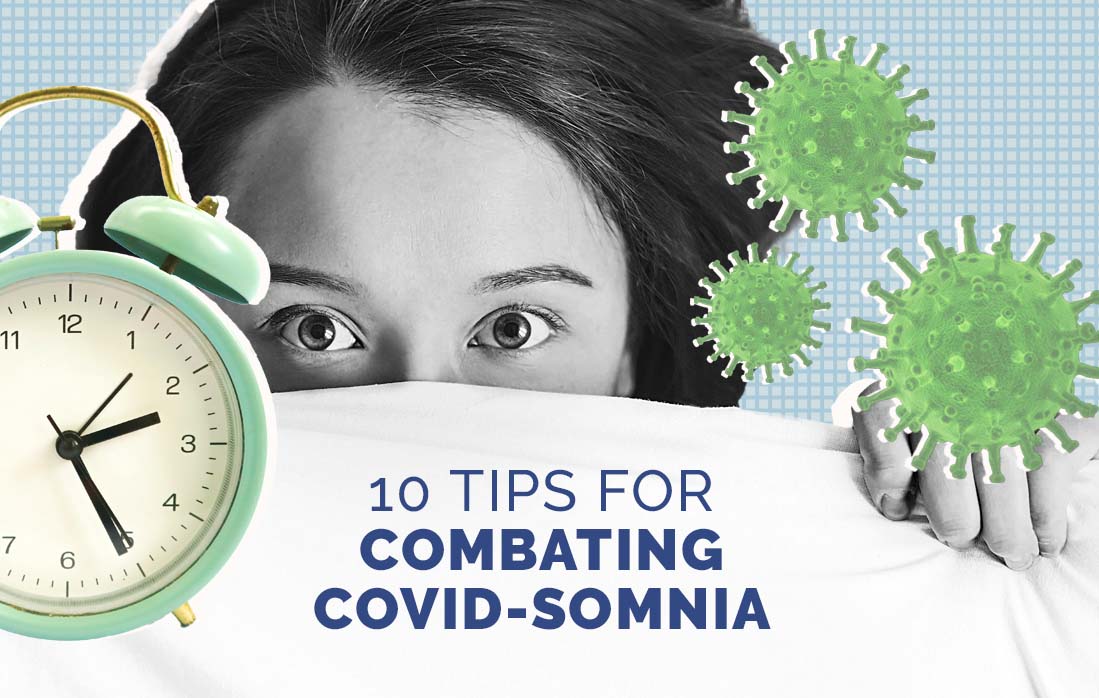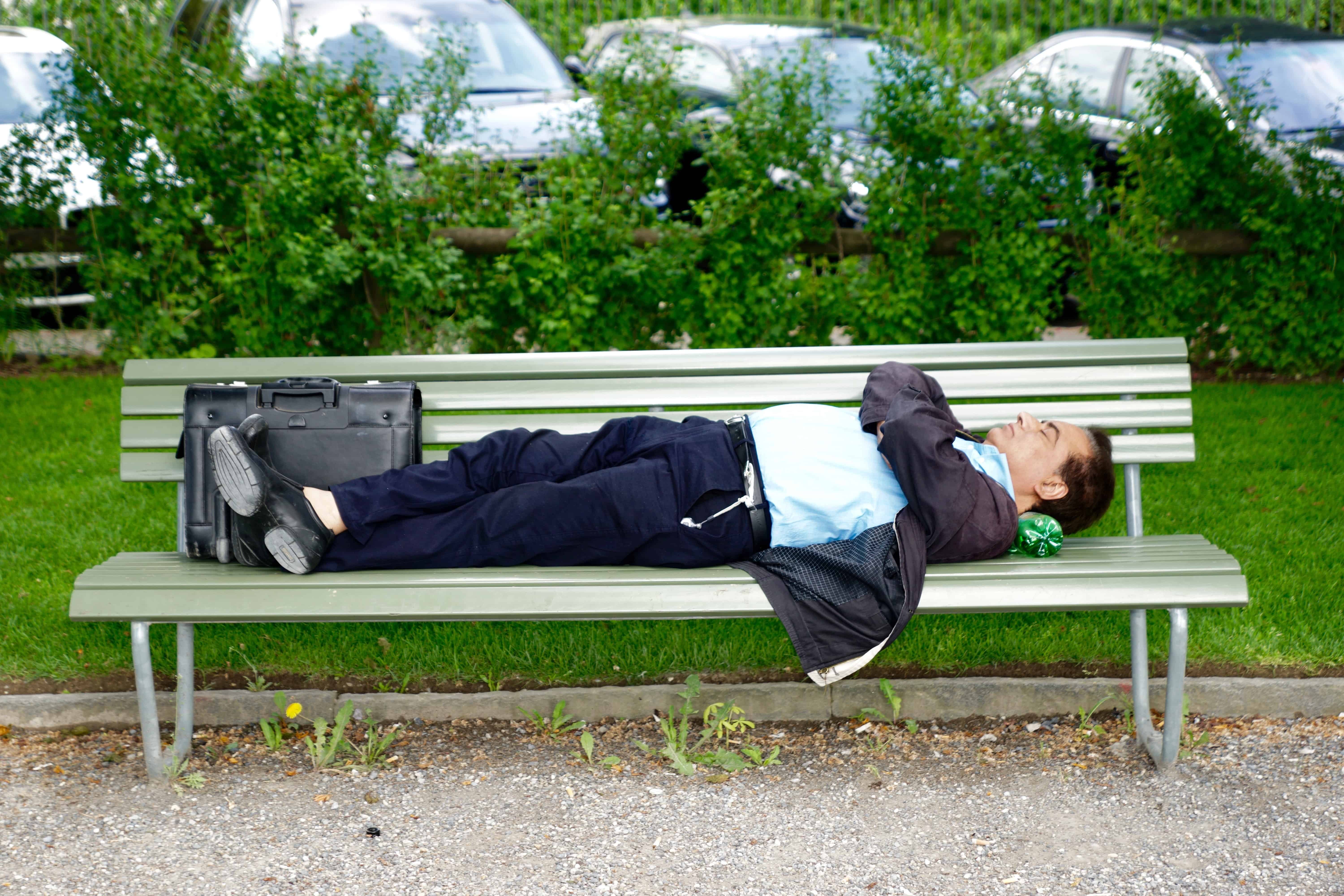
We aren’t getting enough sleep. And sure, we might be scrolling, or procrastinating bedtime while we watch just one more binge-worthy Netflix show, or maybe even just cleaning up the kitchen or sending one more email for the next day. But for some, it isn’t these pleasures or tasks taking from their quality sleep, but rather serious worries that are causing insomnia and anxiety right in their otherwise comfortable beds.
U.S. News and World Report just released their 2024 report on sleep, revealing our top five worries keeping us up at night (1). Turns out, they are quite similar to the worries we had last year, showing not much has changed. In the survey, 1,200 participants revealed that most Americans are struggling to get enough high-quality sleep. One good thing that hasn’t changed is we understand the power of a consistent bedtime, with nearly three in four Americans heading to bed at a similar time each night, and following a bedtime routine.
But, we are still quite stressed, which isn’t great for staying asleep or having a high quality of restful sleep. Here’s what we are worried about most:
- Inflation
- Covid-19
- Gun violence in America
- Climate change
- 2024 Presidential election
This is nearly an identical list as last year, with the exception of the election of course, which then was replaced with the Russia-Ukraine war. Alan Deibel, a Licensed clinical professional counselor at Grow Therapy, points to ongoing news coverage and access to stressful news as the reason these worries are claiming so much space in our REM cycles (or lack thereof).
“Even if we aren’t looking for news, we somehow end up finding it, with social media and clickbait headlines popping up in places we least expect. People are even more likely to feel negatively affected by the news when it’s personally relevant to them,” he says. For example, he says parents of school age children might have more intense reactions to news of school shootings than others, or someone who has lost someone to COVID might perceive increasing cases as a serious personal threat to safety. And not living in a very calm world isn’t helping. “Further, disaster after disaster can cause you to develop more anxiety about something you were already scared about, or anxiety about something you weren’t even scared of before.”
Luckily, if these worries are top of mind, researchers and therapists are becoming much better at identifying real fixes. Deibel recommends these practices:
- Be mindful of how, when, and where you consume news
- Check in with your body to help regulate yourself after hearing something stressful
- Understand triggering events for you and when to hold off from watching too much of them
- Seek out mindful news organizations that aren’t sensationalizing or using bias in their coverage
- Join an organization working to make change in your area of worry
With these changes, especially getting involved, you might rest a bit easier.

Types of Insomnia — Causes and Treatments

Common Natural Sleep Aids & Supplements

11 Sleep Expert Tips for Combating COVID-Somnia

A New Sleep App For Tired Employees Is Launching This Month
Sources
1. Derwin, Nina. “U.S. News & World Report Sleep Habits, Preferences Consumer Survey 2024,” U.S. News & World Report; https://www.usnews.com/360-reviews/sleep/americans-sleep-habits-preferences-survey; November 1, 2024.
2. Deibel, Alan. Author interview. November 2024.